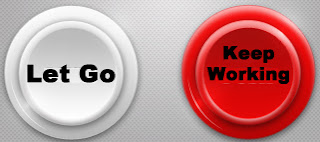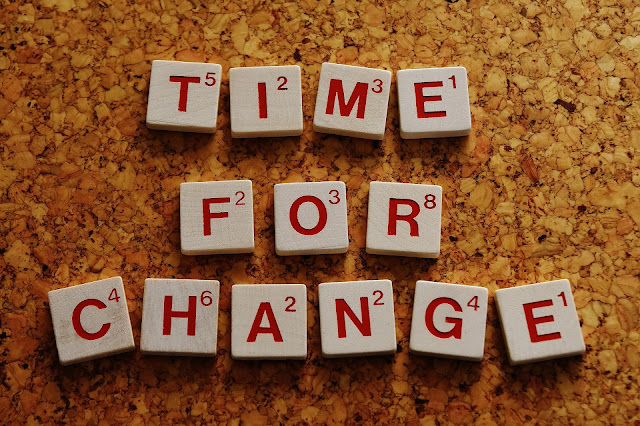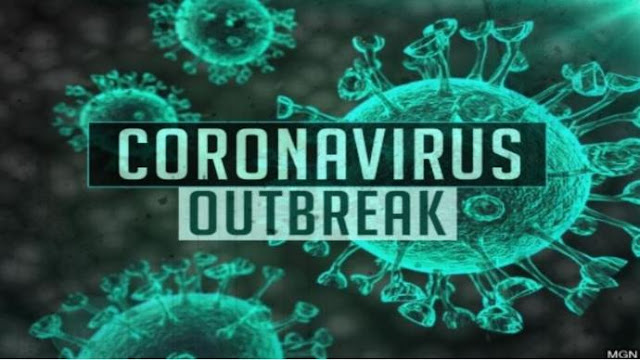Art And Practice As Control
Control. It can be both a positive and a negative. For me, control can be an issue. I'm a perfectionist, which means I tend to want to control every aspect of my life, of my art. Especially with my art, I find it difficult to let it go.
A good example is writing, like this blog. After I've written something, I can easily edit it to death. I will tweak something here, add something there, and cut something elsewhere. Even as I'm getting ready to push post, I can hesitate and stop to edit things some more.
The same happens when I record and mix music. I have numerous albums that I've been working on forever (or so it seems). I keep opening the files, listening, tweaking, editing—I find it difficult to let go, to leave well enough alone and finally put them out for the world at large.
This is control at its negative side. This type of control can kill creativity, can keep your art from ever being seen/heard/exposed. This type of control can also stamp out the initial spark that made what you were working on so special.
I've learned to identify this type of control when it appears, and to control the control. This is where your spiritual practice comes in. You need to meditate, to learn to trust both yourself, and, trust your art. This is not easy for many of us. It can also be terrifying to yield some of your control to the great unknown.
I have also learned to say, enough, when I feel things have reached their conclusion. If there's time, and I have no immediate deadline to meet, I might put things away for a few days or weeks, then revisit them with a fresh mind, just to check things out for anything that may stand out or was missed. But I won't dive deep and return to the editing process unless there is something majorly wrong (but by this stage, I should have moved beyond any sort of major flaws or mistakes).
Control Freak Exercises:
1) Is there a project that you've been holding on to, holding back, because you think it needs just a little more work? Take a quick revisit. Don't get too involved, but check it out and see if it can stand on its own.
2) Start a new project, keep it small, work fast, and get it out there. Trust yourself and your abilities to do this.
3) The next time you find yourself bogged down on the deep end, editing away for no real reason, take a break. Get away from your project, then come back fresh, determined to reach a conclusion.
Learn to take control of your control impulses.
~ MB
A good example is writing, like this blog. After I've written something, I can easily edit it to death. I will tweak something here, add something there, and cut something elsewhere. Even as I'm getting ready to push post, I can hesitate and stop to edit things some more.
The same happens when I record and mix music. I have numerous albums that I've been working on forever (or so it seems). I keep opening the files, listening, tweaking, editing—I find it difficult to let go, to leave well enough alone and finally put them out for the world at large.
The Art of Control
This is control at its negative side. This type of control can kill creativity, can keep your art from ever being seen/heard/exposed. This type of control can also stamp out the initial spark that made what you were working on so special.
I've learned to identify this type of control when it appears, and to control the control. This is where your spiritual practice comes in. You need to meditate, to learn to trust both yourself, and, trust your art. This is not easy for many of us. It can also be terrifying to yield some of your control to the great unknown.
I have also learned to say, enough, when I feel things have reached their conclusion. If there's time, and I have no immediate deadline to meet, I might put things away for a few days or weeks, then revisit them with a fresh mind, just to check things out for anything that may stand out or was missed. But I won't dive deep and return to the editing process unless there is something majorly wrong (but by this stage, I should have moved beyond any sort of major flaws or mistakes).
Control Freak Exercises:
1) Is there a project that you've been holding on to, holding back, because you think it needs just a little more work? Take a quick revisit. Don't get too involved, but check it out and see if it can stand on its own.
2) Start a new project, keep it small, work fast, and get it out there. Trust yourself and your abilities to do this.
3) The next time you find yourself bogged down on the deep end, editing away for no real reason, take a break. Get away from your project, then come back fresh, determined to reach a conclusion.
Learn to take control of your control impulses.
~ MB




Comments
Post a Comment